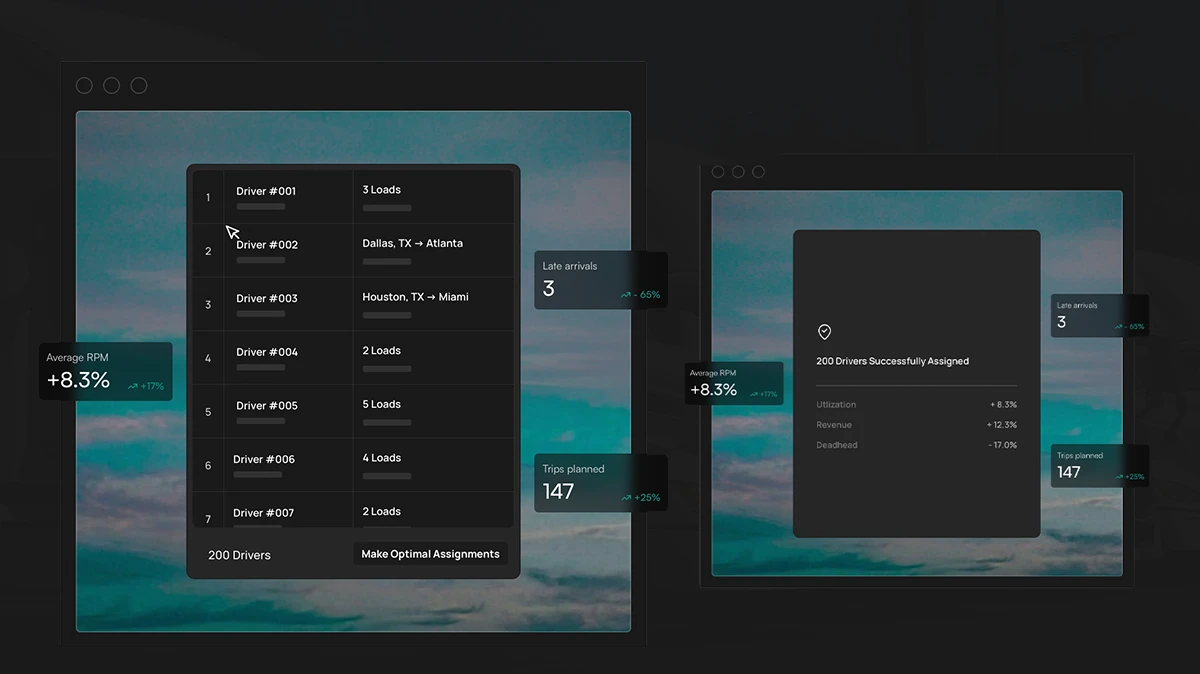The enterprise AI race has largely been a sprint to the cloud, with cloud-native solutions dominating headlines. But Google I/O just signaled a crucial detour – or perhaps a vital lifeline – for companies still reliant on on-premises infrastructure. Google's decision to make its powerful Gemini LLM deployable on Dell PowerEdge XE servers offers these businesses a pragmatic path forward.
"When you look at Google putting its state-of-the-art Gemini model on-prem, it's a really interesting play because, frankly, their main competitors aren't equipped to do the same," says Tim Condello, Director of Cloud and AI/ML Services at Distributed Technology Group, and a former Senior Solutions Architect at AWS.
Condello sees this as Google making a differentiated play beyond the other major cloud providers. "AWS doesn't have a tool for this specific on-prem capability, and Azure can't deploy its leading models this way. Google is differentiating by meeting these customers where they are, and right now, no one else in the market is really thinking that way."
The persistent reality of on-prem: "I thought most people were in the cloud, but now I'm dealing with a large diversity of customers, finding that there are still a ton of companies on-prem," Condello admits. He explains this choice is driven more by financial realities than technical limitations. "The choice to stay on-prem is a mixture of technical, though I think that is shrinking, and it's mostly financial."
A major factor? Long-term data center leases. "A lot of customers are staying on-prem because they have leases on data centers that are like 10 years long," he points out. "They're stuck with this building for 10 years, so they might as well keep reinvesting."
Meeting customers where their data lives: By bringing Gemini to on-prem servers, Google allows these enterprises to sidestep immediate, complex debates about data migration and the financial overhaul of moving to the cloud. "By Google providing their state-of-the-art model on-prem for these customers, it allows them to not have to debate where to put their data, or what's going to be the cost of moving to the cloud," Condello explains.
A strategic gateway to the cloud?: The on-prem offering isn't just about accommodating current constraints; Condello views it as a savvy long-term sales strategy for Google. "It's kind of like, if you give it to them now, then of course when they scale, the debate goes, 'Well, why don't I just scale into the cloud?'"
He notes that Google isn't just providing a model; it's delivering a stack of Google technology into the on-prem data center. "Having the model on hardware you already spent the money on allows you to just go crazy and experiment without having to worry about token costs," Condello elaborates, highlighting the benefit of innovating on sunk hardware costs.
A hybrid future and industry specifics: While some companies might be "stuck" on-prem due to tech debt, potentially facing challenges in moving forward, Condello sees a trend towards a hybrid future. "I think the future is going to be a hybrid approach. For a lot of these larger companies, especially companies that have some sort of manufacturing component, there's a lot of technical requirements to keep them on-prem. Healthcare and manufacturing are two organizations that are going to always have a footprint on-prem." Whether this becomes a new norm, a powerful marketing tool, or simply a way for Dell to move hardware, remains an open question.









